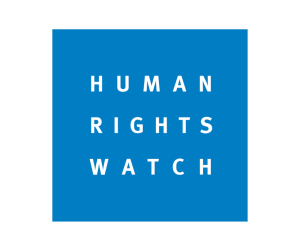Realization time: 1.05.2020. – 28.02.2021.
Donor: Ministry of Culture and Information
The role of IJAS: project holder
Budget: RSD 700,000
About the project:
The overall goal of the project is to make journalists more aware of and advocate for their labor rights in order to protect their professional integrity and inform citizens in the public interest.
Through learning about the importance of labor rights for independent and professional media work, and ways in which media workers can protect themselves from violations of their rights, the goal is to minimize the level of professional vulnerability of journalists and increase the independence and freedom of journalists.
The specific goal of the project is to contribute to the professional and legal empowerment of journalists to access their employment rights.
Activities
1.Preparatory activities of the project – In the initial phase of project implementation IJAS will develop a detailed Action Plan with expected results, success indicators and clearly defined responsibilities, which runs from the date of signing the project with the donor. The action plan will state clear tasks, deadlines as well as members of the project team or external experts who will participate in the project implementation. The action plan will include all activities listed in the project.
2. The research “How much journalists know their labor rights” will offer answers to how much journalists know their labor rights, with special reference to the question of how working conditions of media professionals affect the quality of public information, and how precarization of work is used as a mechanism for control of media content and pressure on media freedom.
3. Publication “Labor Rights and Media” Based on the results of the research, a manual will be developed that will provide media professionals with basic information and necessary knowledge about the mechanisms of pressure on media freedom through precarization of work, their legal rights and ways to protect themselves when their labor rights are threatened.
4. The educational part includes the implementation of one-day trainings that will bring together up to 10 journalists from Serbia who will address the problem of working conditions in the media. The trainings will directly approach the analysis of the model of organizing precariously engaged journalists, who will acquire the knowledge and skills necessary for their organization in order to improve their position and protect the freedom of the media. The trainings will be realized through three sessions
5. Developing a model of cooperation between journalists, journalists ‘associations, civil society and trade unions in order to professionally protect and improve labor rights – organizing a number of meetings between journalists’ associations, civil society and trade unions and creating agreements on sustainable cooperation and exchange of experiences and information between journalists associations, trade unions and memberships in order to maximize the protection of labor rights of media professionals. This will result in defining and planning future collaborations and projects, necessary for the protection of the journalistic profession and greater media freedom.
Expected results:
Trained journalists are empowered to represent their rights to a greater extent
The professional and general public is familiar with the state of labor rights in the journalistic profession
Institutional cooperation established with clear frameworks between associations and trade unions




